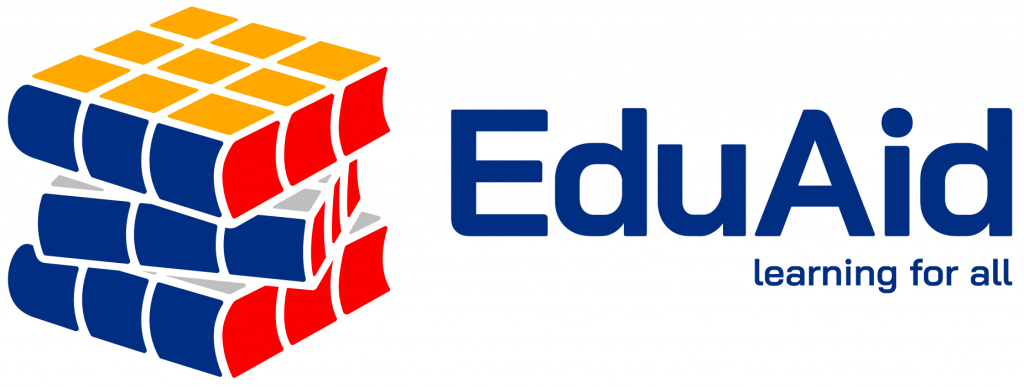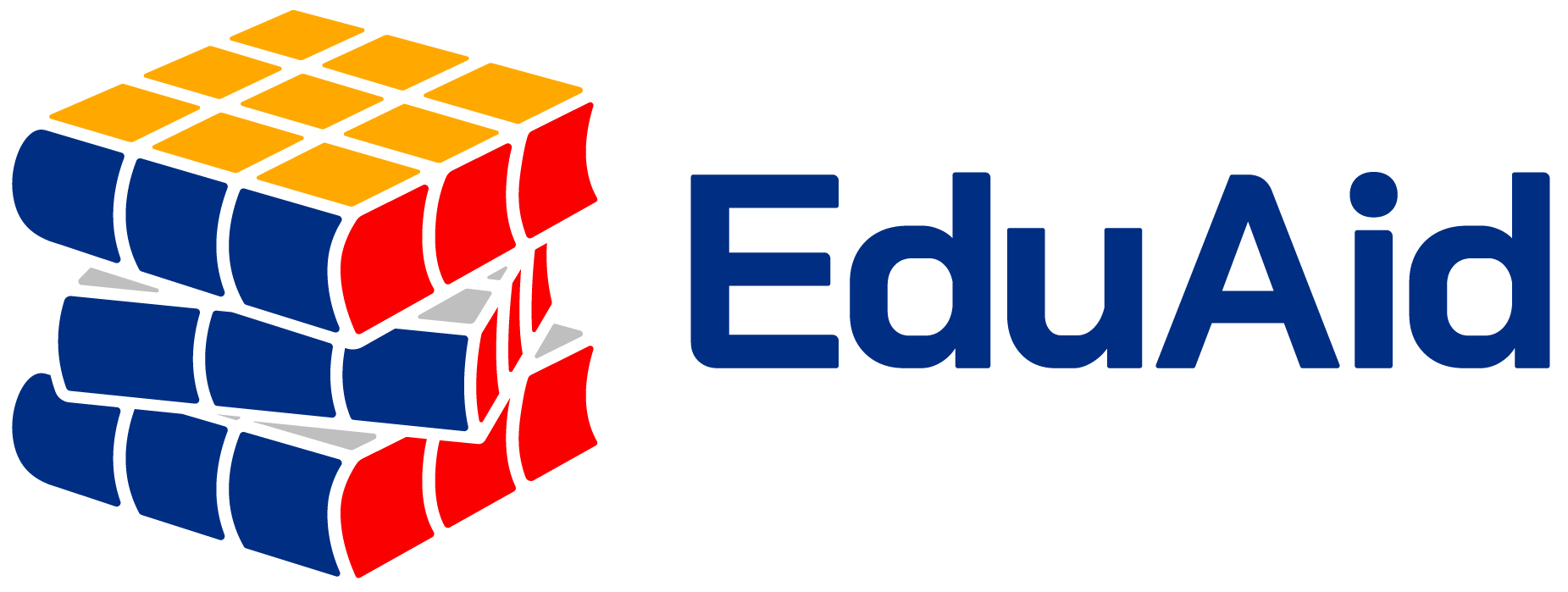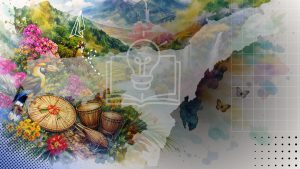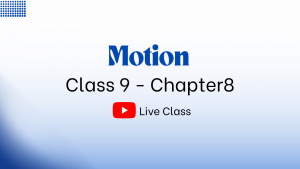Class-IX Social Science Democratic Politics Chapter 5 – Democratic Rights
1. Which of the following is not an instance of an exercise of a fundamental right?
(a) Workers from Bihar go to the Punjab to work on the farms
(b) Christian missions set up a chain of missionary schools
(c) Men and women government employees get the same salary
(d) Parents’ property is inherited by their children
Ans: (d) Parents’ property is inherited by their children
Because inheritance rights are not Fundamental rights, whereas the other examples are part of Right to Freedom and Right to Equality, which are Fundamental Rights.
2. Which of the following freedoms is not available to an Indian citizen?
(a) Freedom to criticise the government
(b) Freedom to participate in armed revolution
(c) Freedom to start a movement to change the government
(d) Freedom to oppose the central values of the Constitution
Ans: (b) Freedom to participate in armed revolution
The Indian Constitution empowers citizens to protest any injustice; nevertheless, armed resistance is illegal and hence prohibited under the constitution.
3. Which of the following rights is available under the Indian Constitution?
(a) Right to work
(b) Right to adequate livelihood
(c) Right to protect one’s culture
(d) Right to privacy
Ans: (c) Right to protect one’s culture
Every citizen has the right to retain and protect their culture and language, according to Article 29 of the Indian Constitution, which falls under the category of fundamental rights.
4. Name the Fundamental Right under which each of the following rights falls:
(a) Freedom to propagate one’s religion
Ans: Right to Freedom of Religion
Article 25 of the Indian Constitution guarantees freedom of religion to all persons in India.
(b) Right to life
Ans: Right to freedom
“No person shall be deprived of his life or his personal liberty except according to a procedure established by law,” according to Article 21 of the Indian Constitution, which is a Fundamental Right.
(c) Abolition of untouchability
Ans: Right to equality
Article 17 of the Indian Constitution abolishes untouchability and its practice in any form is forbidden.
(d) Ban on bonded labour
Ans: Right against exploitation
Rights against exploitation is a Fundamental Right which ensures the ban on bonded labour or forced labour.
5. Which of these statements about the relationship between democracy and rights is more valid? Give reasons for your preference.
(a) Every country that is a democracy gives rights to its citizens.
(b) Every country that gives rights to its citizens is a democracy.
(c) Giving rights is good, but it is not necessary for a democracy.
Ans: (a) Every country that is a democracy gives rights to its citizens.
Every democratic country recognises the rights of its citizens. Every country that gives its citizens rights is not a democracy, but it is necessary for a democracy to give its citizens rights.
6. Are these restrictions on the right to freedom justified? Give reasons for your answer.
(a) Indian citizens need permission to visit some border areas of the country for reasons of security
Ans: This is justified. All citizens have the right to freedom, which allows them to go freely everywhere in the country. However, some regions are prohibited for security concerns, as the freedom of movement of every citizen could endanger India’s security. This is done to guarantee that the risk of loss of life and property is kept to a minimal.
(b) Outsiders are not allowed to buy property in some areas to protect the interest of the local population.
Ans: In some circumstances, this is justified in order to preserve the cultural or ethnic character of the local population.
(c) The government bans the publication of a book that can go against the ruling party in the next elections.
Ans: This cannot be justified because it is against the freedom of speech and expression of the author. Every person in the country has a right to freedom of speech and expression.
7. Manoj went to a college to apply for admission into an MBA course. The clerk refused to take his application and said “You, the son of a sweeper, wish to be a manager! Has anyone done this job in your community? Go to the municipality office and apply for a sweeper’s position”. Which of Manoj’s fundamental rights are being violated in this instance? Spell these out in a letter from Manoj to the district collector.
Ans: Here Manoj’s Right to Equality has been violated. According to Right to Equality every citizen is equal before the law, and he/she cannot be discriminated agisnt on the grounds of race, caste, class, gender or religion. And also Manoj’s Right to freedom is violated which grants him personal liberty and right to choose and carry out any profession.
Letter to the District Collector
The District Collector
Address
Date
Subject- Violation of Fundamental Rights
Respected Sir/Madam
I had applied for an MBA course In order to fulfill my dream to become a Manager. But the Clerk in the office rejected my application and passed discriminatory comments. He made this decision on the basis of class bias. This is a clear violation of my Right to Freedom and equality. I am free to choose the profession I want to practice and nobody should discriminate against me on the basis of my class or caste. I request you to look into the matter and take the necessary action.
Thanking you
Manoj
8. When Madhurima went to the property registration office, the Registrar told her, “You can’t write your name as Madhurima Banerjee d/o A. K. Banerjee. You are married, so you must give your husband’s name. Your husband’s surname is Rao. So your name should be changed to Madhurima Rao.” She did not agree. She said “If my husband’s name has not changed after marriage, why should mine?” In your opinion who is right in this dispute? And why?
Ans: Madhurima is correct in this case. By inquiring and intervening in her personal issues, the Registrar is infringing on her right to freedom. In addition, the social issue of taking one’s husband’s surname has its origins in a religious tradition that views women as weaker and inferior. Moreover, forcing Madhurima to change her name is a violation of her right to equality and freedom of religion.
|
a. A new policy is being made to increase the jute exports from the country.
|
i. M inistry of Defence
|
|
b. Telephone services will be made more accessible to rural areas.
|
ii. M inistry of Agriculture, Food and Public Distribution.
|
|
c. The price of rice and wheat sold under the Public Distribution System will go down.
|
iii. Ministry of Health.
|
|
d. A pulse polio campaign will be launched.
|
iv. M inistry of Commerce and Industry.
|
|
e. The allowances of the soldiers posted on high altitudes will be increased.
|
v. inistry of Communications and Information Technology.
|
Ans:
|
a. A new policy is being made to increase the jute exports from the country.
|
iv. Ministry of Commerce and Industry.
|
|
b. Telephone services will be made more accessible to rural areas.
|
v. Ministry of Communications and Information Technology.
|
|
c. The price of rice and wheat sold under the Public Distribution System will go down.
|
ii. M inistry of Agriculture, Food and Public Distribution.
|
|
d. A pulse polio campaign will be launched.
|
iii. M inistry of Health
|
|
e. The allowances of the soldiers posted on high altitudes will be increased.
|
i. M i nistry of Defence
|
6. Of all the institutions that we have studied in this chapter, name the one that exercises the powers on each of the following matters.
a) Decision on allocation of money for developing infrastructure like roads, irrigation etc. and different welfare activities for the citizens
Ans (a): Lok Sabha (The Finance Ministry)
b) Considers the recommendation of a Committee on a law to regulate the stock exchange
Ans (b): The Parliament
c) Decides on a legal dispute between two state governments
Ans (c): The Supreme Court
d) Implements the decision to provide relief for the victims of an earthquake.
Ans (d): The Executive
7. Why is the Prime Minister in India not directly elected by the people?
Choose the most appropriate answer and give reasons for your choice.
a) In a Parliamentary democracy only the leader of the majority party in the
Lok Sabha can become the Prime Minister.
b) Lok Sabha can remove the Prime Minister and the Council of Ministers even before the expiry of their term.
c) Since the Prime Minister is appointed by the President there is no need for it.
d) Direct election of the Prime Minister will involve lot of expenditure on election.
Ans: In a Parliamentary democracy, the leader of the majority party in the Lok Sabha can only become the Prime Minister, in order to make sure that the Prime Minister secures a majority support. This will help to prevent him/her from being either a dictator or a puppet, because he/she has to work along with a council of ministers.
8. Three friends went to watch a film that showed the hero becoming Chief Minister for a day and making big changes in the state. Imran said this is what the country needs. Rizwan said this kind of a personal rule without institutions is dangerous. Shankar said all this is a fantasy. No minister can do anything in one day. What would be your reaction to such a film?
Ans: This is not a realistic film. A single man cannot do anything all alone. A personal rule without institutions is dangerous. He has to follow various procedures and guidelines written in the constitution.
9. A teacher was making preparations for a mock parliament. She called two students to act as leaders of two political parties. She gave them an option:
Each one could choose to have a majority either in the mock Lok Sabha or in the mock Rajya Sabha. If this choice was given to you, which one would you choose and why?
Ans: I would like to choose a majority in the Lok Sabha as it has more power compared to Rajya Sabha. Lok Sabha members are directly elected by the citizen of India. The leader of political party who has majority in Lok Sabha is appointed
as prime minister.
10. After reading the example of the reservation order, three students had different reactions about the role of the judiciary. Which view, according to you, is a correct reading of the role of judiciary?
a) Srinivas argues that since the Supreme Court agreed with the government, it is not independent.
b) Anjaiah says that judiciary is independent because it could have given a verdict against the government order. The Supreme Court did direct the government to modify it.
c) Vijaya thinks that the judiciary is neither independent nor conformist, but acts as a mediator between opposing parties. The court struck a good balance between those who supported and those who opposed the order.
Ans: Option b) In my view, Anjaiah is correct, according to the role of the judiciary.
Study materials
- Refernce Books
- NCERT Solutions
- Syllabus
